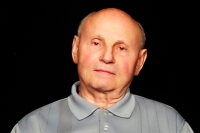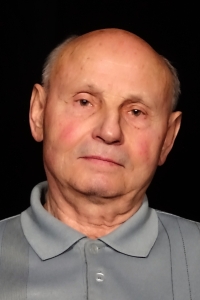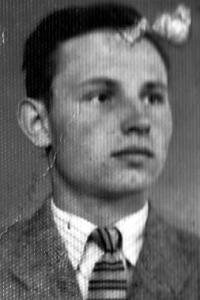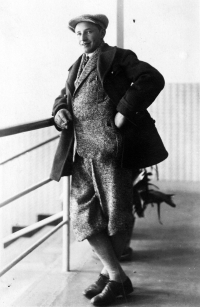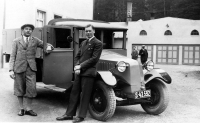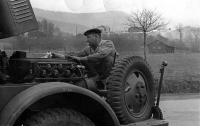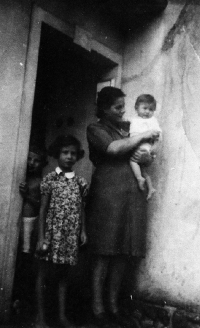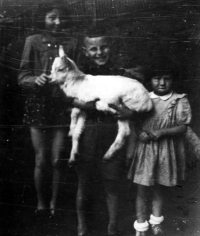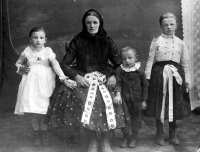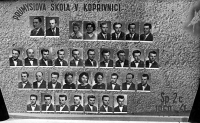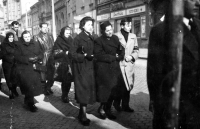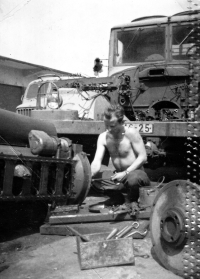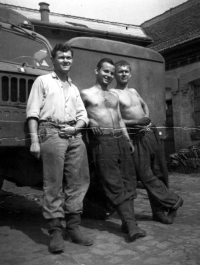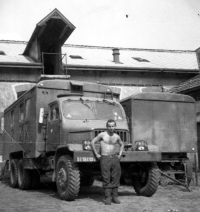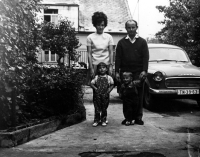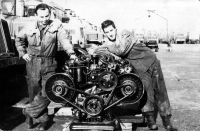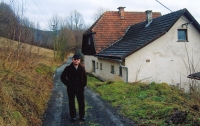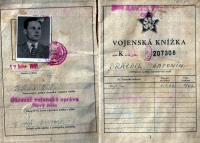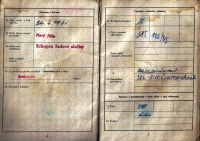I didn’t know I was born in Germany until I was 15
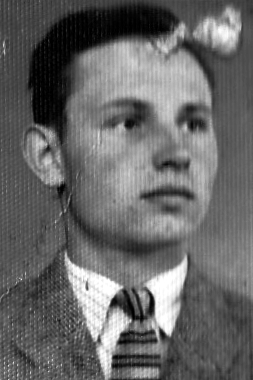
Download image
Antonín Brázdil was born on 27 April 1942 in Germany during the Second World War. His Czech parents went to Mülheim in the Ruhr area in 1939 to work voluntarily. His mother and children returned to Czechoslovakia at the end of the war. The father came home in the autumn of 1945. After the war, the family lived in semi-solitude in Wallachia. Around 1955 they moved to Nový Jičín. Until the age of fifteen, the witness did not know that he was born in Germany. He was trained as a locksmith in Příbor and graduated from the industrial school in Kopřivnice in the evening. He worked in an engine repair shop and in the development department of the Tatra car factory in Kopřivnice. His father Antonín Brázdil died tragically in 1960. A year later, he contracted a severe form of typhoid fever. Shortly after his discharge from hospital he was conscripted into the army. He suffered from bullying in the reception centre in Rajhrad. In August 1968, he experienced how Soviet tanks surrounded a military repair facility in the Šenov section of Nový Jičín. From 1970 he worked as an auto mechanic for a Slovak agricultural cooperative. After 1989, he opened an auto repair shop in Nový Jičín.
